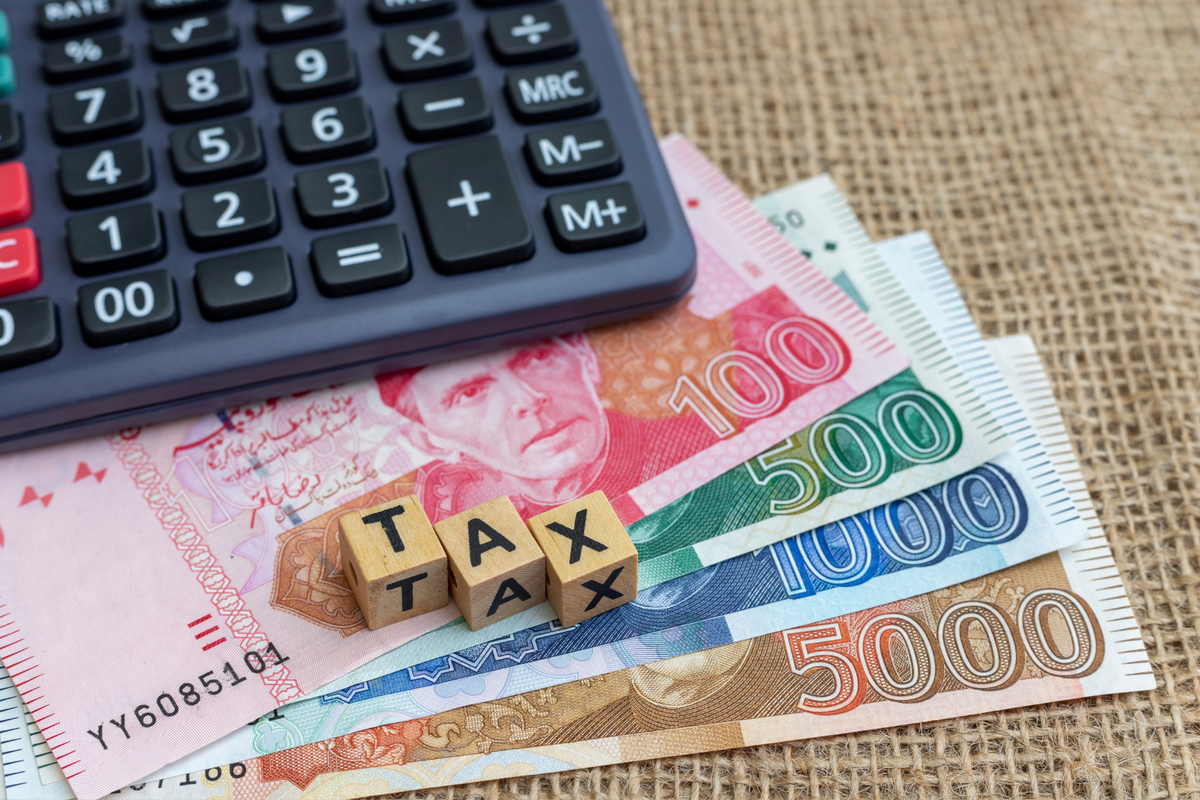Income Tax Amendment Ordinance presented before Pakistan’s national assembly
Tax rates for different types of banking companies specified
Business Desk
The Business Desk tracks economic trends, market movements, and business developments, offering analysis of both local and global financial news.

Pakistan on Monday presented the Income Tax (Amendment) Ordinance, 2024, in the National Assembly, the lower house of Parliament, aiming to extend previously approved changes to the Advance Deposit Ratio (ADR) for banks.
The ordinance was introduced by Member of National Assembly Saad Waseem, but the session’s chair, Qadir Patel, deferred the discussion at the request of Finance Minister Muhammad Aurangzeb, who sought to brief the assembly on the ADR changes.
The ordinance, initially promulgated on Dec. 31, 2024, modifies the ADR framework for banks and specifies tax rates for different types of companies.
Under the new rules, banking companies will face a tax rate of 44% for the 2025 tax year, 43% for 2026, and 42% for 2027 and beyond. Small companies will be taxed at 20%, while other companies will face a 29% tax rate.
The ordinance defines "gross advances and deposits" as the amounts reported at the end of the accounting period in annual audited accounts.
Starting in the 2025 tax year, profits and gains of banking companies will be taxed according to Division-II of Part-I of the First Schedule, and the ADR-based tax computation will no longer apply.
Finance Committee to Review Tax Laws Amendment Bill
Meanwhile, the National Assembly Standing Committee on Finance and Revenue, chaired by Naveed Qamar, is set to deliberate on "The Tax Laws (Amendment), 2024" bill. The proposed legislation aims to amend existing tax laws, including restrictions on economic transactions, to strengthen the government’s oversight of non-filers and expand the tax base.
Under the bill, individuals deemed ineligible—those who have not filed income tax returns for the preceding tax year or failed to submit an online statement of investment and expenditure—will be barred from certain economic activities. These include purchasing or registering motor vehicles and transferring immovable property. To qualify as an eligible person, individuals must demonstrate sufficient resources in their wealth statement, equivalent to 130% of cash and cash equivalents.
The Senate Standing Committee on Finance and Revenue has already approved the bill, paving the way for further discussion and potential enactment in the National Assembly. The government hopes the amendments will enhance tax compliance and increase revenue collection.







Comments
See what people are discussing